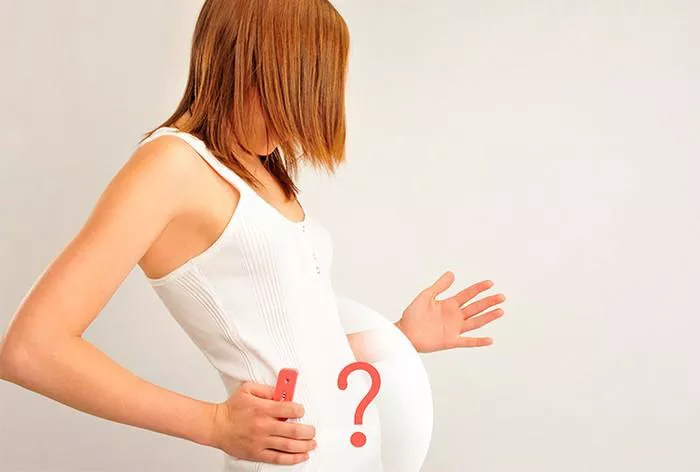When Ericka Andersen and her spouse embarked on fertility treatment ten years ago, they were optimistic about conceiving a child. Andersen, a freelance writer and resident of Indianapolis, had married in her early thirties with hopes of starting a family promptly. However, after several years without success, she sought assistance and eventually opted for in vitro fertilization (IVF), a procedure where a woman’s fertilized eggs develop into embryos in a laboratory before being transferred to her uterus.
“You are hopeful that at least one of these attempts will succeed,” she remarked. “Because for some people, it never happens.”
Following two successful transfers, the couple now has two children, born three years apart, along with nine embryos preserved in storage. Andersen grapples with the emotional toll of having “extra embryos.”
“I feel profound sadness for the lives I haven’t carried, the siblings my children will never meet,” she shared in a recent essay recounting her journey. “The offspring I won’t have the chance to know, whose faces I won’t see, whose presence I won’t experience, whose joy I won’t witness.”
The fate of frozen embryos has become a contentious topic, especially after the Alabama Supreme Court deemed embryos as “extra-uterine children,” protected under the state’s wrongful death statute.
The court’s decision, particularly Chief Justice Tom Parker’s concurring opinion citing religious references, has sparked debate and prompted a halt in most IVF procedures in Alabama. Fertility clinics are grappling with the ruling’s implications, while state legislators weigh proposed measures aimed at shielding clinics from liability in embryo-related matters.
Efforts to expedite a federal bill safeguarding IVF procedures were thwarted in February. However, amidst the political discourse, the personal dilemmas faced by IVF patients have taken a backseat.
Patients, deeply attached to their unimplanted embryos, often struggle with determining their fate. Andersen, for instance, prayed that she and her husband would only produce the embryos needed for conception. However, with each passing month and the accompanying storage fees for the frozen embryos, she grapples with uncertainty about their future.
“For me, donating the embryos to another couple is the only viable option,” she affirmed. “I refuse to destroy them, and I’m reluctant to relinquish them for scientific research because I regard them as human beings deserving of a chance at life.”
Recognizing the moral complexities surrounding embryo disposition, the Christian Reformed Church in North America acknowledges the need for significant protection for unimplanted human embryos. Nonetheless, the emotional connections women establish with their stored embryos are often overlooked in ethical debates about their status.
Nicole Straka, a real estate agent from Kearney, Neb., found herself unexpectedly confronted with the dilemma of excess embryos after undergoing five rounds of IVF. Despite eventually becoming parents to twins, she was notified of 20 remaining embryos stored at a facility.
Given the options of thawing the embryos, donating them for research, or offering them for embryo adoption, Straka initially opted for research donation. However, a change of heart led her to redirect the embryos to the National Embryo Donation Center in Knoxville, Tenn., after a bureaucratic delay prompted her reconsideration.























